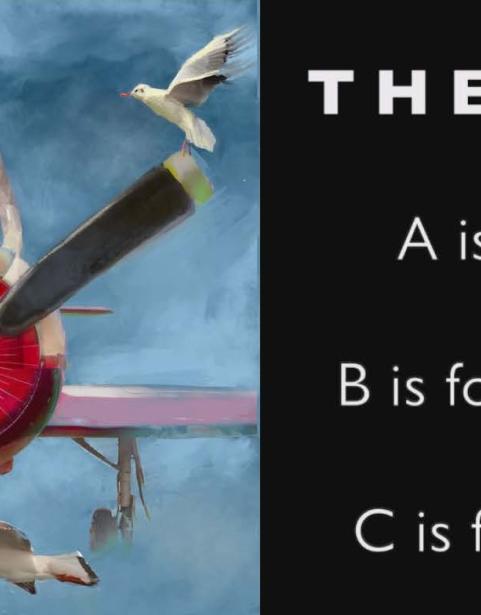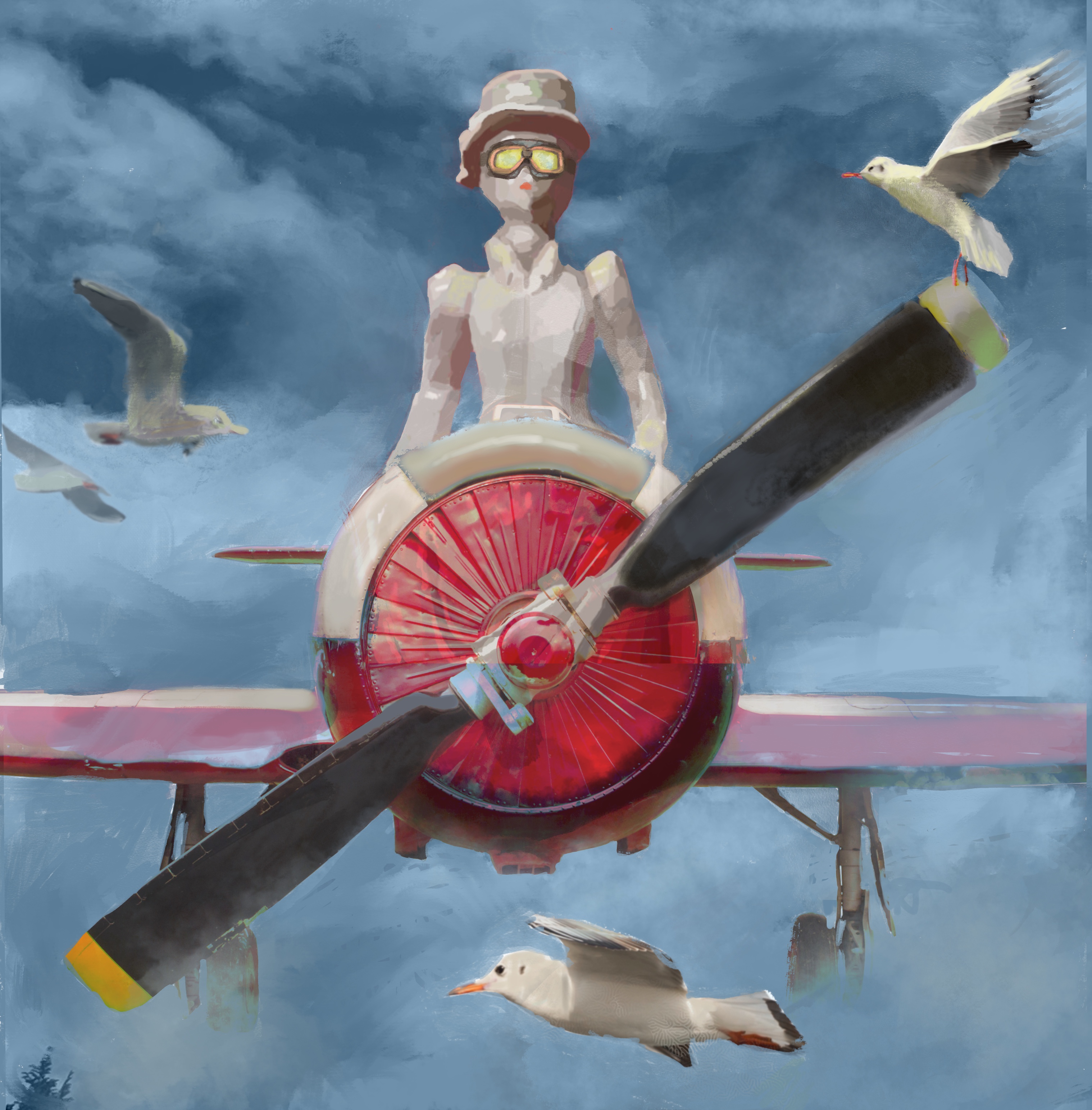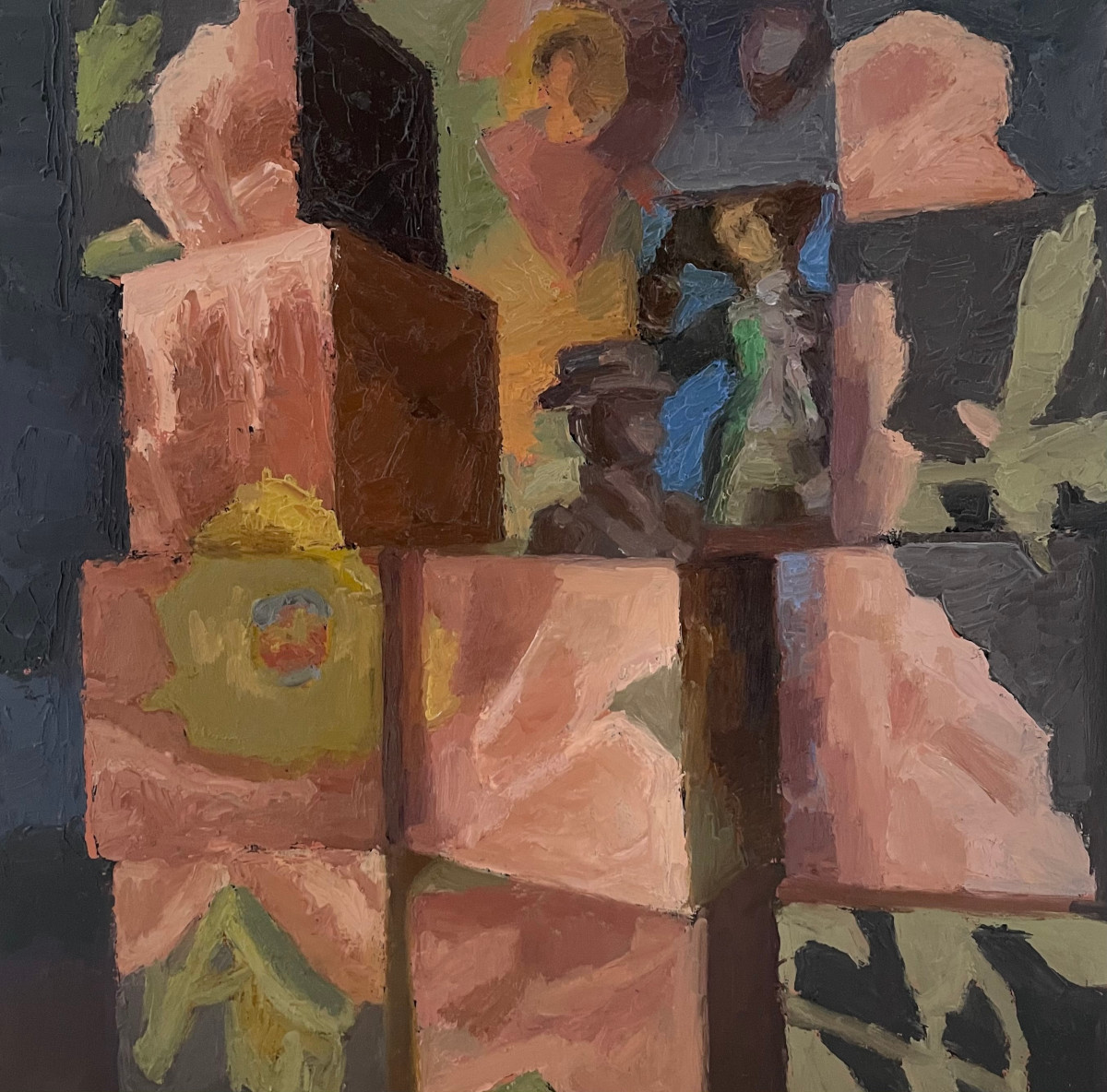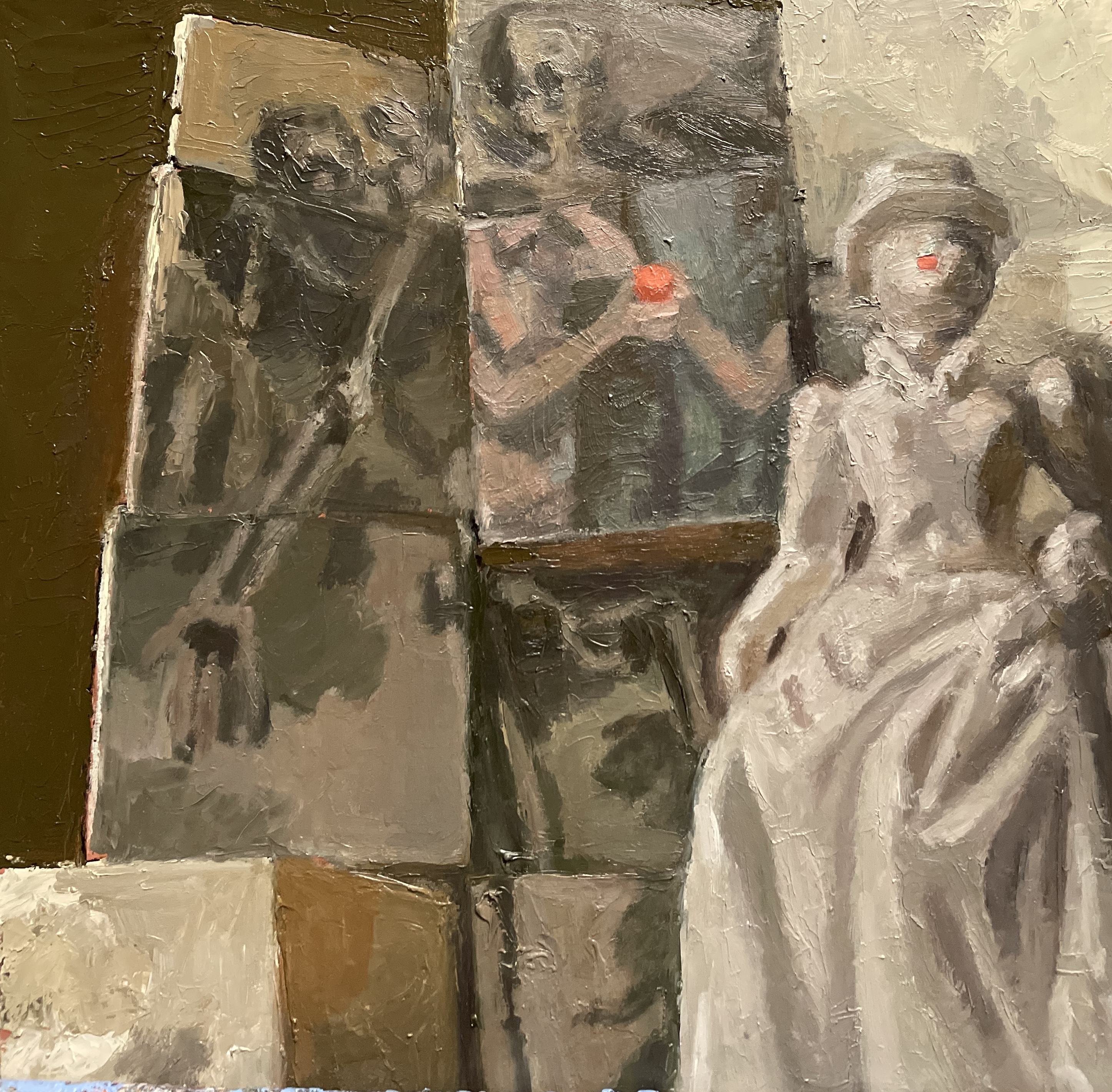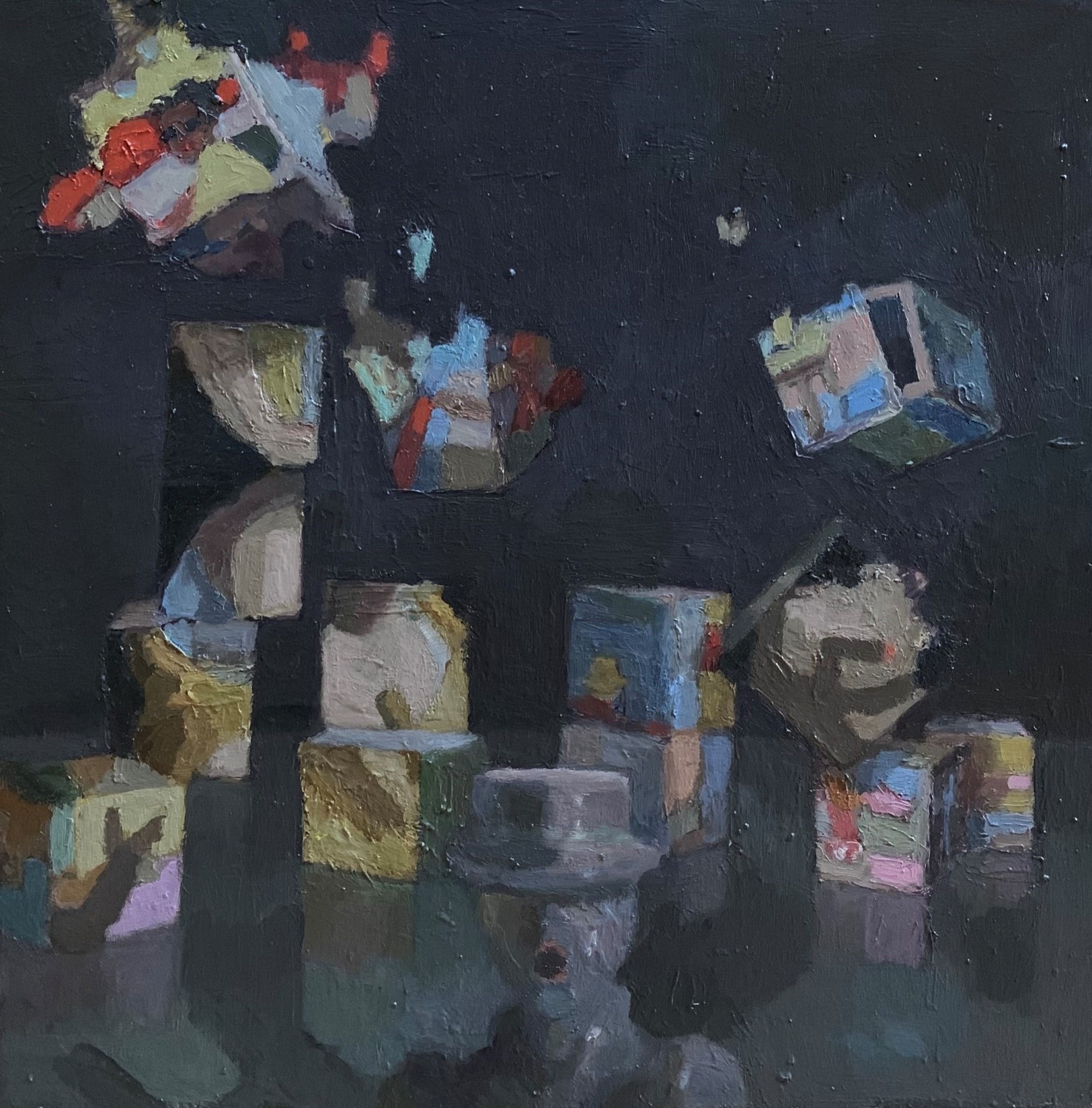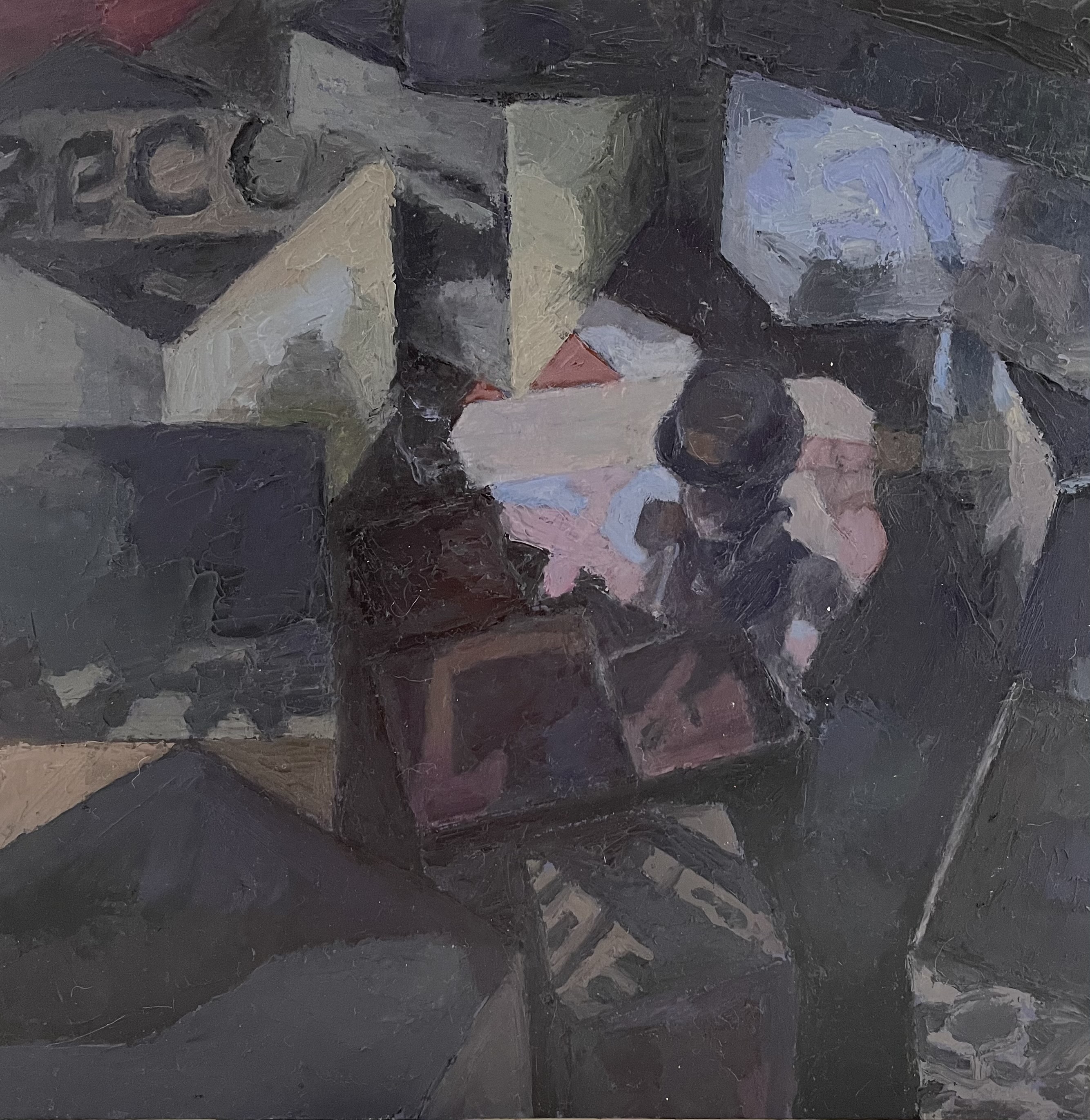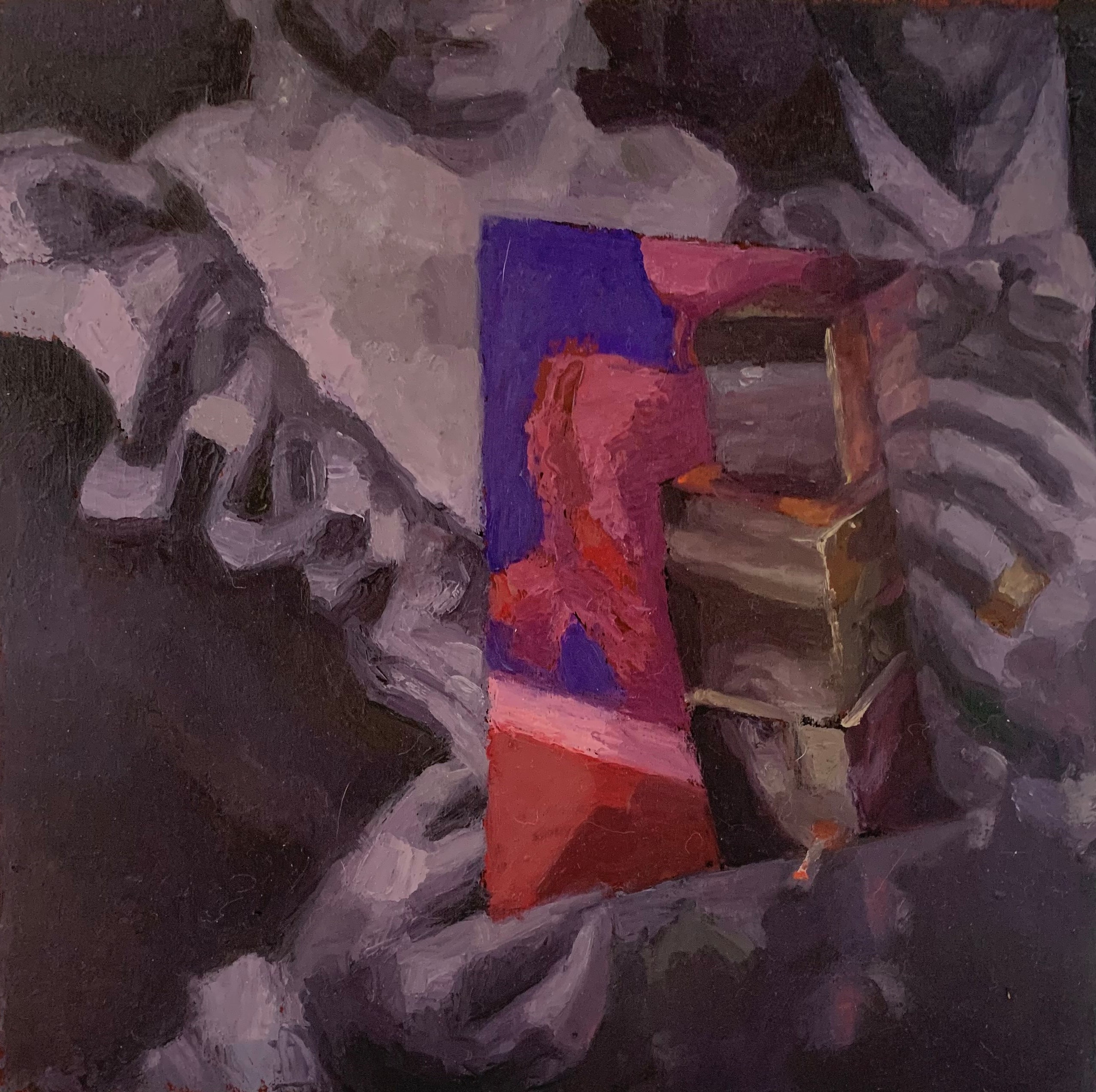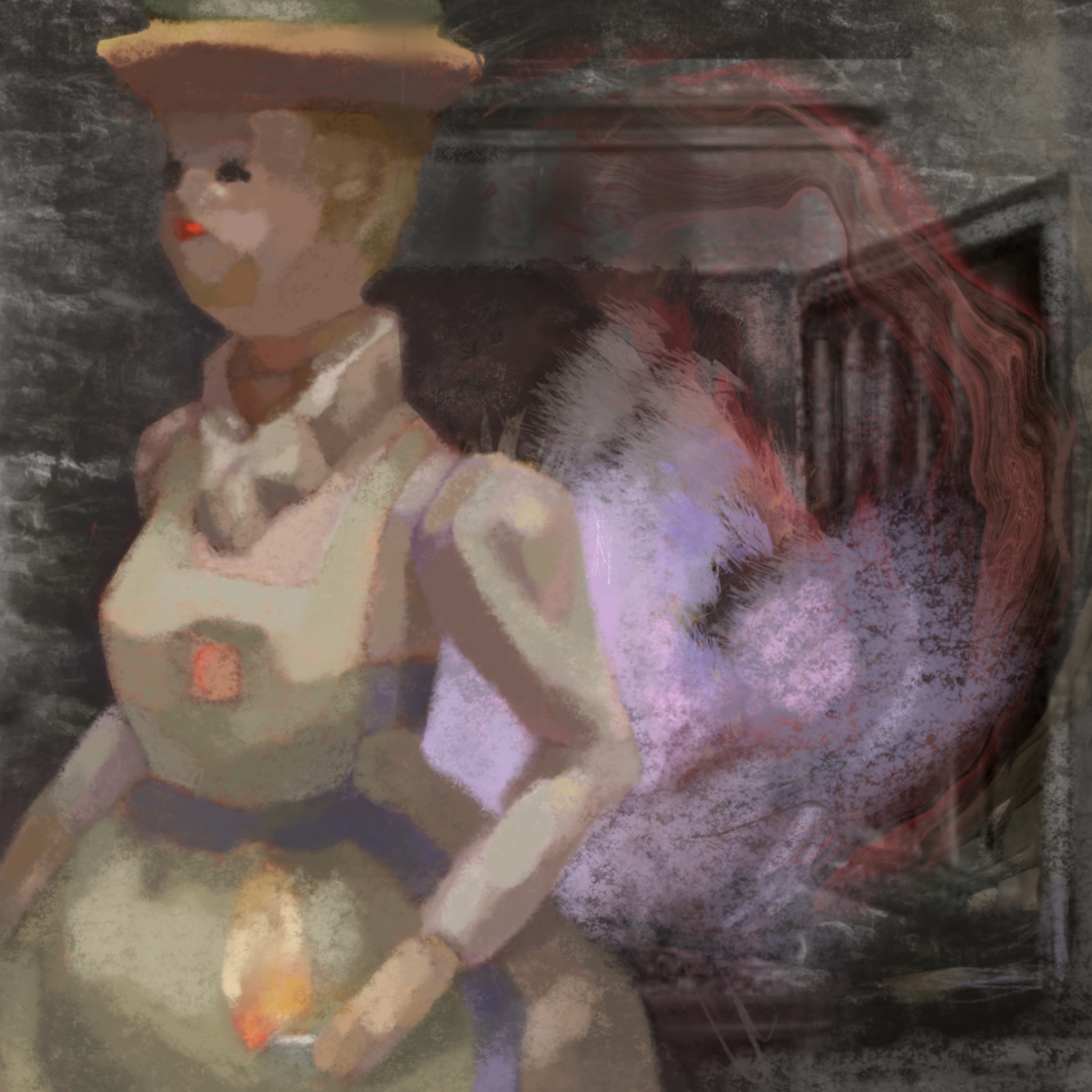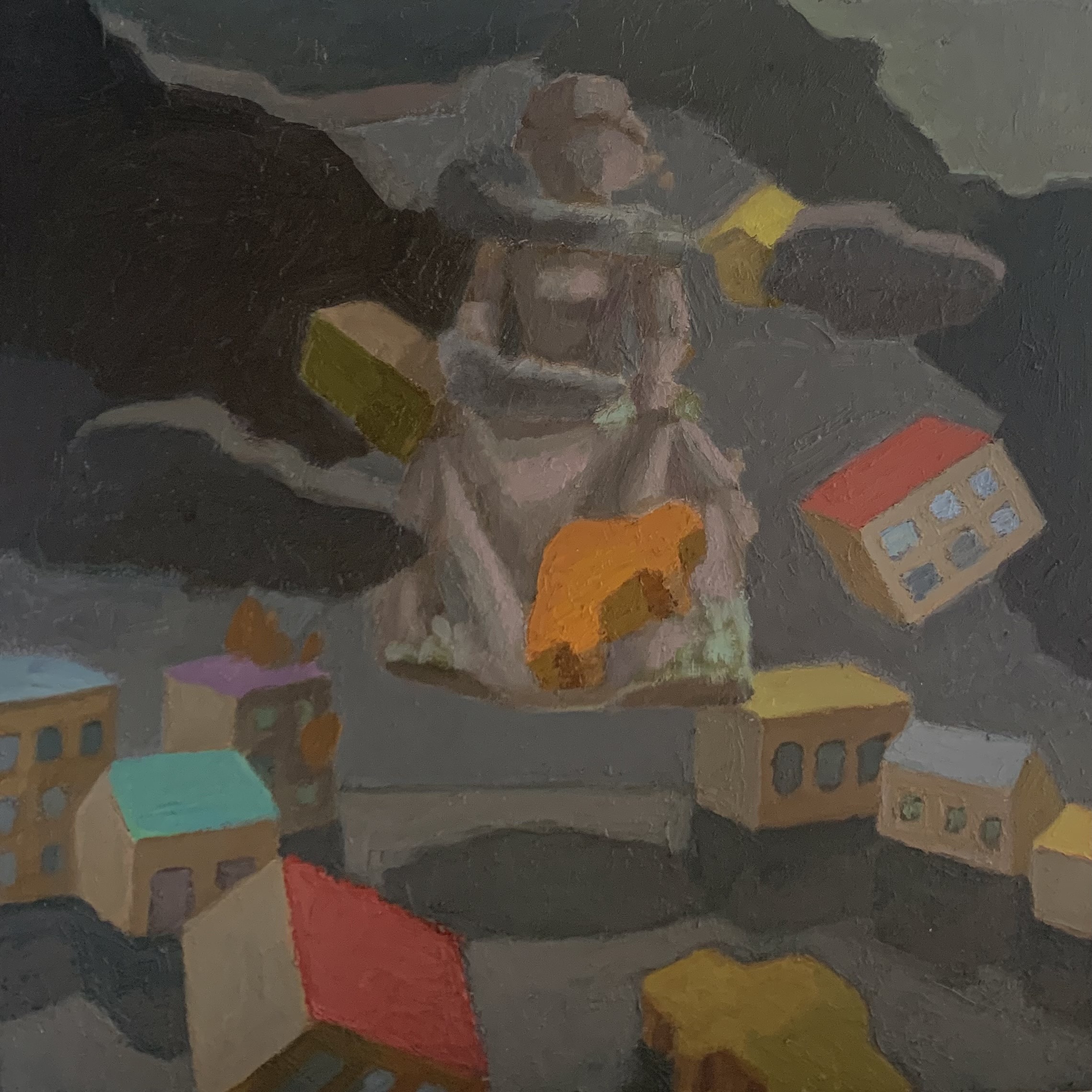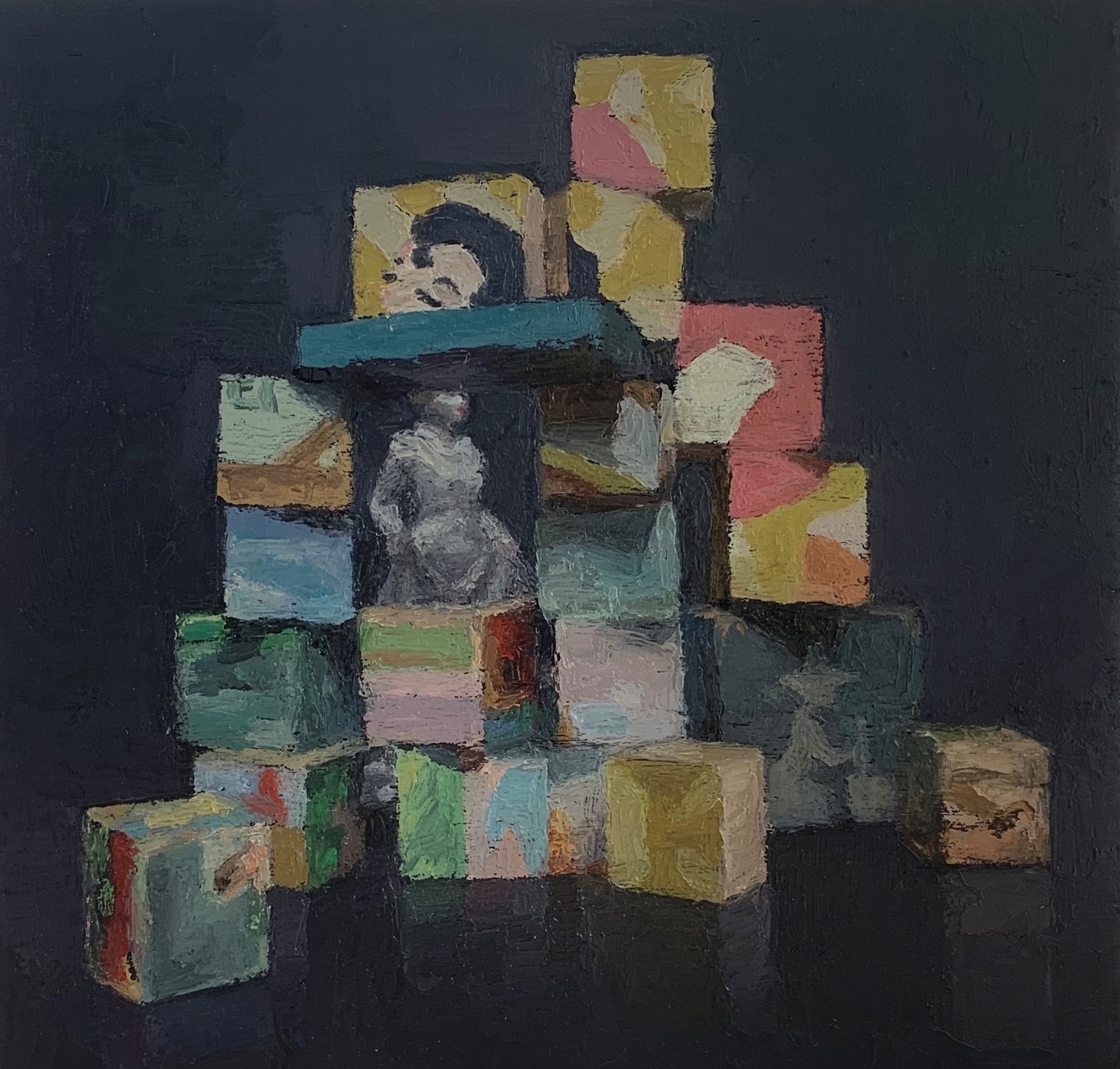Brenner Bio:
Liza currently is an Assistant Professor of Art at South Puget Sound Community College. She received a BFA in Drawing and a B.S. in Communication from Clarion University of Pennsylvania and a MFA in Painting and a M.A. in Art Education from Edinboro University of Pennsylvania.
She has shown her work at the regional and at the national level.
Meade Bio:
Dr. Melissa Meade is Dean of Humanities, Communication, and the Arts at South Puget Sound Community College. She received her M.A. and Ph.D. in Communication from the University of Washington and her B.A. from Purdue University. Before coming to Olympia, she taught communication, media and feminist studies at Colby-Sawyer College and has worked with the Library of Congress’ Radio Preservation Task Force, The Third Wave Fund, and the Feminist Technology Network. Most recently she has presented her work on communication, media and psychoanalysis to the International Forum for Psychoanalytic Education and the Northwest Alliance for Psychoanalytic Study.
The Concept:
The Medusa Project (working title) is a work in progress, and will be a series of 26 paintings and mini-essays, composed and written by Liza Brenner and Melissa Meade, respectively. Each set represents one word for each letter of the alphabet, and each word is an archetype or slang word for women. The series articulates visual imagery with language to explore the ways we characterize and talk about women. This category of women includes all who identify as such, whether or not assigned at birth, and in both historical and contemporary contexts. Informed by intersectional feminist history, material culture, and the interplay between form and narrative, it’s both excavation and reclamation, digging into the challenge of the question, “what is woman?” The series is also a love letter to the multiplicity of experience and language we have for women.
The Process:
We gab each week over zoom, while the global pandemic unfolds, the new civil rights movement takes shape, and while the climate changes reveal themselves in the form of fires, smoky air, and extreme heat. We talk about the complicated lives of women, our own lives as women, and the complications involved with talking about women. We find gendered words that interest us, that evoke imagery and ideas, and that contain depths of history and experience. We dissect the words used for women, looking for connections between the past and the present. We look for patterns, contexts, insights, fantasies, and, most of all, for the fissures in what sometimes feels like rigid expectations for gendered life. It’s part academic and part therapy, these conversations.
As Melissa writes, Liza unpacks each term to begin a painting or digital image. The challenge becomes how to walk the fine line between addressing the word versus addressing the picture plane more formally. Inevitably categories among the paintings have emerged, with some taking on a more literal interpretation of the word represented, and others resting on the surface, leaving the viewer to search for answers among the colors and shapes. Liza began with a set of vintage picture blocks, rearranging them for each painting. She also incorporated the image of an antique porcelain figurine, a figure that conjures a gender ideal that is both in and out of place in the paintings. The figure watches, absorbs, and calls to mind questions of race, class, and sexuality. As the project has grown, Liza found these initial parameters for the scenarios too restrictive, and has moved into digital expression. This move from the blocks and figurine frees us somewhat, both literally and metaphorically, to continue on with the Medusa Project.
